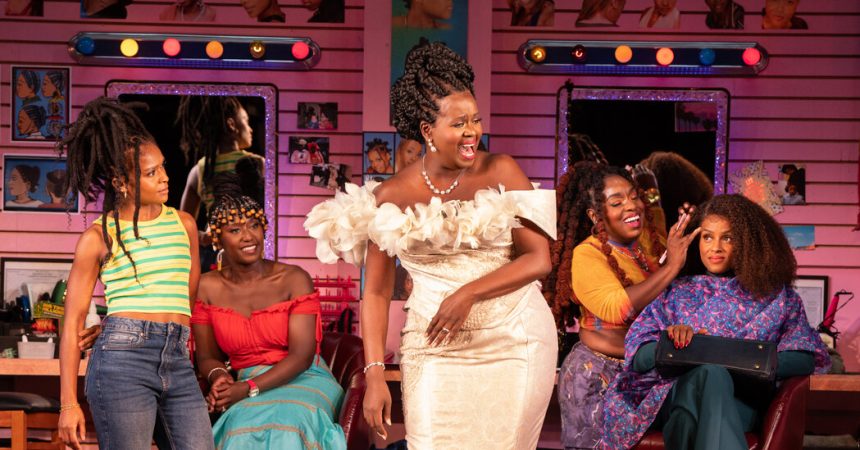Tonight’s Tony Awards ceremony will celebrate the best work on Broadway. For those of us who spend a lot of time in and around theater, the event is also a prompt, encouraging us to reflect on what the current crop of shows tells us about how the industry and the art form are doing.
Here are some things I’ve been thinking about as this awards season unfolded:
Nonprofit theaters are struggling. They’re also developing the most-praised work.
Short of money, nonprofit theaters around the country are staging fewer shows, shedding jobs, and in a few cases, closing. Some observers worry that the model that has sustained regional theater for the last half-century is broken.
But, at the same time, this year’s Tony Awards tell an amazing success story: 100 percent of the nominees for best new musical, and 100 percent of the nominees for best new play, were developed at nonprofit theaters.
Among plays, “Jaja’s African Hair Braiding,” “Mary Jane,” and “Prayer for the French Republic” were all staged on Broadway by the nonprofit Manhattan Theater Club. (“Mary Jane” had an earlier Off Broadway run at another nonprofit, New York Theater Workshop.) “Stereophonic” was transferred to Broadway by commercial producers after an enthusiastically received Off Broadway run at the nonprofit Playwrights Horizons, while “Mother Play” opened directly on Broadway, presented by the nonprofit Second Stage Theater.
Among musicals, “Hell’s Kitchen” and “Suffs” were first staged at the nonprofit Public Theater before being transferred to Broadway by commercial producers. “Water for Elephants” had a pre-Broadway run at the nonprofit Alliance Theater in Atlanta, and “The Outsiders” did the same at the nonprofit La Jolla Playhouse in San Diego. “Illinoise,” a dance musical, had a particularly nonprofit nurturing: it was staged at Bard’s Fisher Center, Chicago Shakespeare Theater, and the Park Avenue Armory before commercial producers took it to Broadway.
The season was also a big one for American artists.
Broadway often frets about the perceived advantages of British productions, which have historically received more government support, cost less to develop, and can benefit from the Anglophilia of some American theater fans. The last five winners of the best play Tony Award all transferred from London (though one of those, “The Inheritance,” was written by an American).
The New York Times











